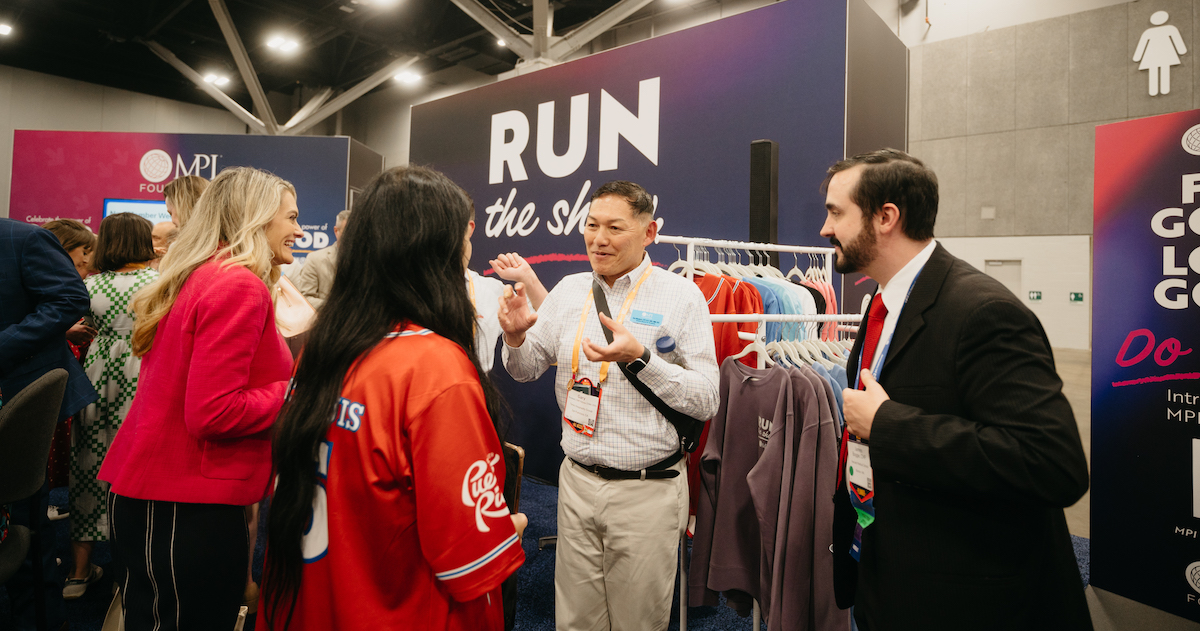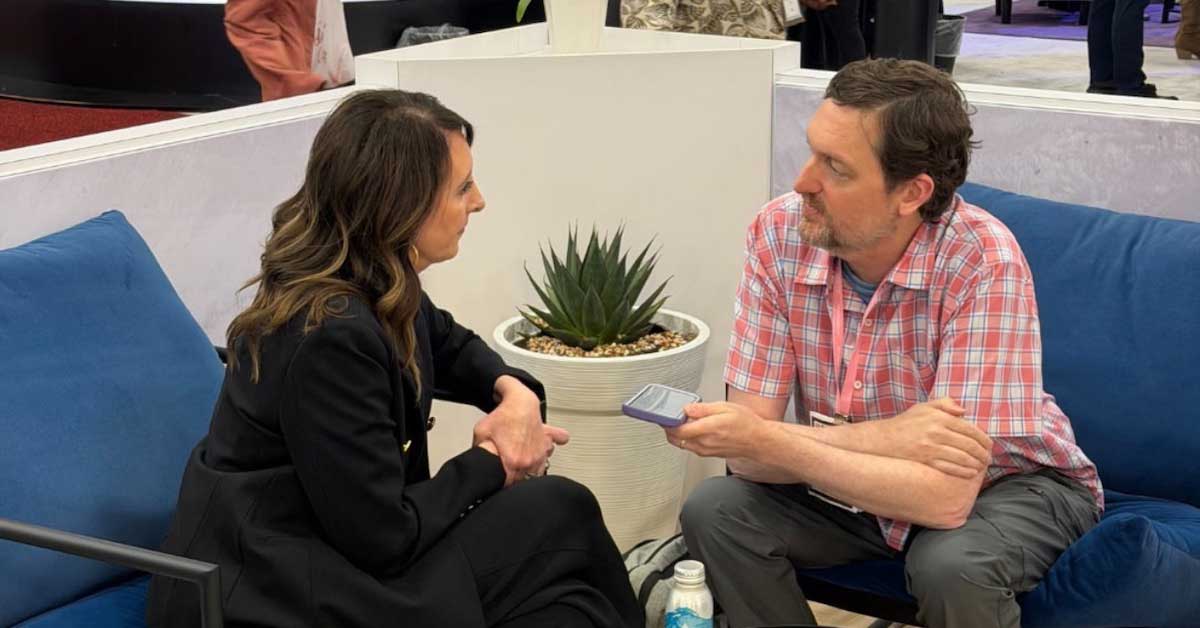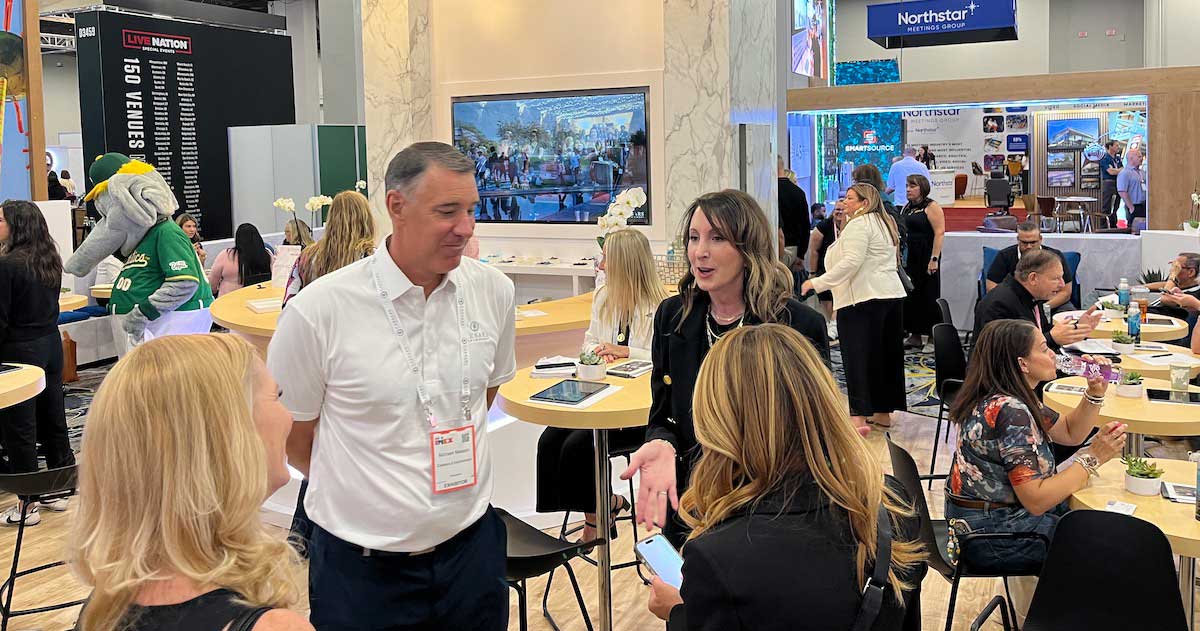All sorts of questions are asked about stress management in the workplace. What is stress, and what causes it? How do I transform negative habits into positive ones and increase our energy level? How do I become motivated? Who wants to be successful?
“Stress and lack of motivation affect most of the population and are the main reasons for sick leave causing economic losses and instability within companies,” says Bettina Gallego, an executive coach and entrepreneur who will also present at the MPI European Meetings & Events Conference (EMEC) in Sevilla, Spain, Feb. 9-11, 2020.
Gallego’s session will offer attendees techniques to manage stress and increase concentration and motivation, which will lead to a higher level of performance, efficiency and creativity at work.
“Stress is a physiological and chemical reaction of the body toward a threat or challenge,” she says. “When we are stressed, the fight-or-flight system takes over.”
Related Webinars:
Conference Wellness Superstar
Take Care or Yourself and Your Health
At times, Gallego says, we cannot influence or modify our personal or work environment; however, we can control how we react toward it.
Striving for perfection leads to high stress levels, and Gallego suggests that we should celebrate our achievements.
“This gives energy and motivation to continue,” she says. “Not being able to trust others and delegate work is another factor that increases our workload. Again, if we focus on increasing our energy first, we will be able to cope better, and by replacing our negative thoughts with positive ones, we will transform our stress into focused action and efficiency to get things done.”
Negative stress, Gallego says, makes us lose concentration, creativity and productivity, but positive stress stimulates our motivation and empowers us.
She recommends three ways to help make your life less stressful.
1. Focus: Apply mindfulness exercises in order to reduce stress and leverage our energy level better. Increased attention and focus will improve our decision making under pressure.
2. Trust: Let’s map out what success means and how to motivate us to get things done. How can we trust that we are on the right track and heading in the desired direction?
3. Act: Elaborate our mission statement in order to contribute in allowing success to come to us. What is my declaration of intention?
“The idea is to focus less on the things/people/surroundings we cannot change and bring our attention more toward our reactions and what we can influence for good,” Gallego says.
We invite you to join us this February to gather with colleagues from around the world to follow in the footsteps of great explorers as you push your boundaries as a meeting and event professional and design the next generation of astonishing, world-changing events.
Learn more and register at mpi.org/emec.







